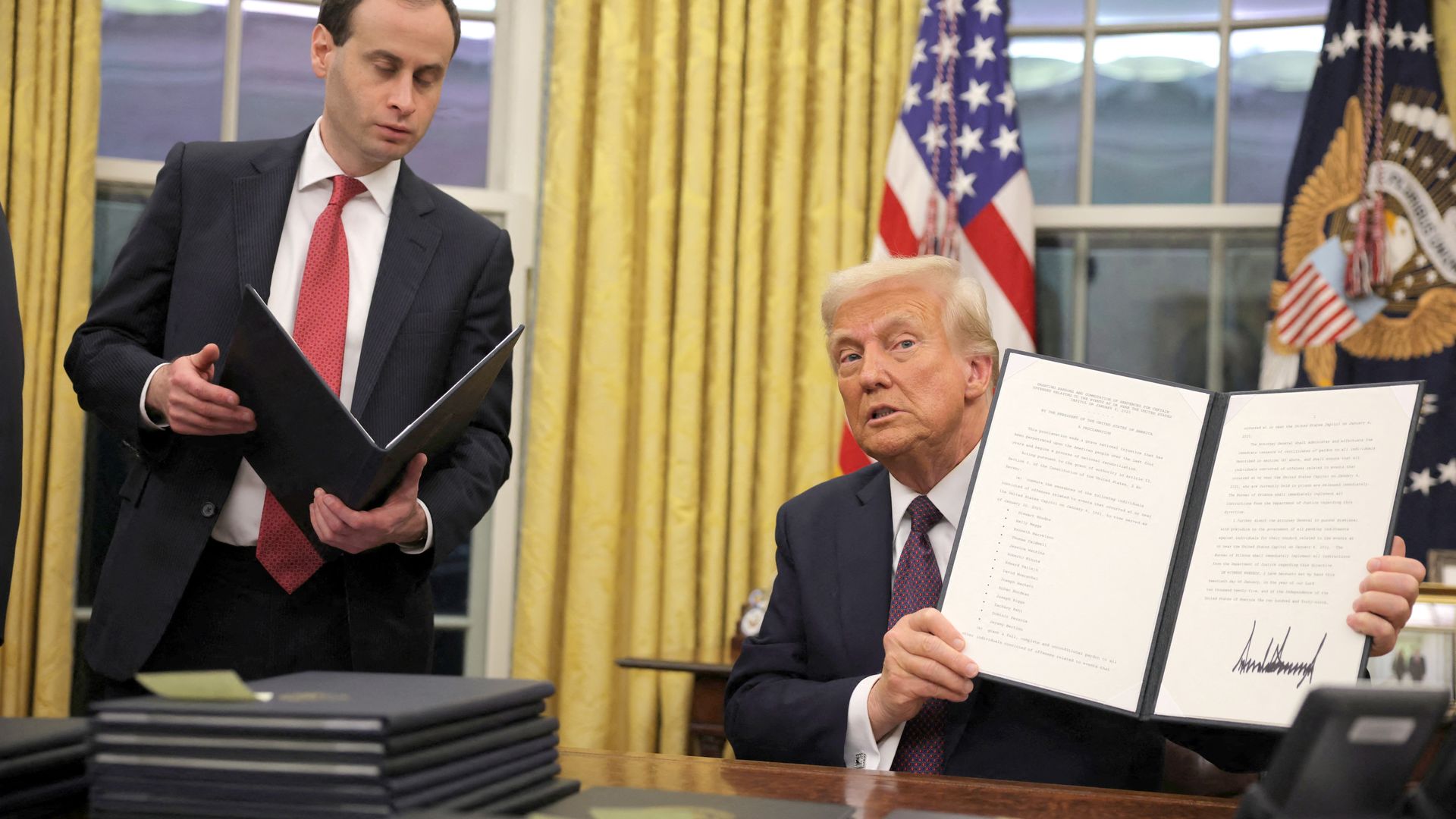
The BDN Opinion section operates independently and does not set news policies or contribute to reporting or editing articles elsewhere in the newspaper or on bangordailynews.com
Michael Cianchette is a Navy reservist who served in Afghanistan. He is in-house counsel to a number of businesses in southern Maine and was a chief counsel to former Gov. Paul LePage.
Here we go again.
Bangor’s City Council passed a new ordinance prohibiting loitering in certain narrow medians. In practice, it is intended to restrict panhandling.
The American Civil Liberties Union of Maine is threatening a lawsuit.
This same scene played out a decade ago in Portland. In July 2013, a unanimous city council in Maine’s largest city adopted an ordinance similar to Bangor’s most recent effort.
Maine’s ACLU filed a lawsuit against it. And they won.
So let’s try it again.
Bangor’s city staff has indicated they believe the new policy passes legal muster. With the benefit of a legal opinion outlining the places Portland fell short, they appear ready to stand their ground.
We will see.
The new ordinance has both legal and practical aspects. On the latter, the homeless — or unhoused — population in Maine has increased threefold from 2021. That is based just on a singular point-in-time survey done annually in January.
That significant increase has led to major challenges in Maine’s larger cities. Last year Portland garnered headlines due to a massive encampment arising in a public park-and-ride lot.
It led to litter, trash, and safety issues for businesses, customers, and residents in the area. Needles, litter and syringes were a common sight, together with public intoxication.
The challenge of homelessness is multifaceted and complex. As the MaineHousing census indicated, nearly 25 percent of the population has either substance use or mental health issues.
Yet complexity does not provide immunity from laws and rules. That gets to the legal side of the Bangor ordinance.
The ACLU claims that panhandling is a type of speech, protected by the First Amendment. Notably, in their earlier battle with Portland, they got the city to agree with that proposition with respect to their ordinance.
That’s where they went wrong in how they crafted their law.
At its core, panhandling is commerce. Think about it. A person is soliciting funds for their own benefit.
Commercial speech gets First Amendment protections, too, but is subject to a different constitutional test than noncommercial speech.
Cities are on much firmer ground when they regulate commerce. That is why you periodically get silly articles where police shut down kids’ lemonade stands for not having the appropriate government permits or licenses.
In Portland, it costs $38 for each day someone wants to solicit money in exchange for goods on the sidewalk. Giving panhandlers — regardless of their living situation — a legal way to stand in medians by licensing the activity would likely be a stronger strategy. Focusing on the act of receiving money places it more squarely in the realm of commerce.
Of course, such a policy would presumably also have the effect of reducing panhandling. A $38 daily fee would likely reduce the economic viability of standing in medians asking for money. I think that would be a good thing.
In order to address homelessness, the reality is that it requires money. The way governments generate money is through taxation. In Maine, municipalities generally rely on property taxes. Strong businesses — offices, retailers, restaurants — increase property values, which increases the tax base, which increases revenue.
With revenue, solutions like “Housing First” models coupled with regulatory reform can work in concert to address housing affordability and availability challenges. But strong businesses cannot exist in an environment where needles and public intoxication run amok, with employees and customers alike afraid to engage in commerce.
As the Biden campaign likes to remind us, the American economy is a pretty remarkable engine. Keeping it running will help generate resources necessary to tackle other problems.
Hopefully Bangor can weather the storm and illuminate a way forward for other municipalities to keep their local economies strong. It’s worth a shot.











